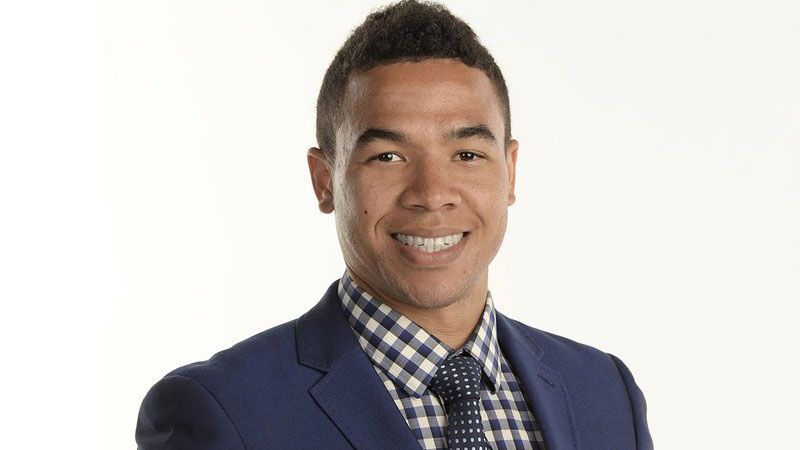TAMPA, Fla. — The death of an ESPN reporter on Christmas Eve has gained national headlines after a case of pneumonia turned deadly.
- ESPN reporter Edward Aschoff died on Christmas Eve
- Aschoff diagnosed with hemophagocytic lymphohistiocytosis (HLH)
- The rare disease was set off by pneumonia
“When you’re looking at it at face value or on the surface, it is pretty shocking,” said Bay News 9 medical expert, Dr. Deepa Verma.
Edward Aschoff was only just 34 years-old when he got pneumonia, something a healthy man of his age should be able to tackle.
“Any type of illness, if it occurs in healthy people with a good immune system, you can usually overcome it,” Dr. Verma said.
But Aschoff never made it out of the hospital.
In a series of tweets, his fiancé says Aschoff was admitted to the hospital one week after his first visit, which was in early December.
His initial diagnosis was bilateral pneumonia, which was treated with antibiotics.
But the antibiotics failed, and that’s when doctors realized Aschoff was fighting more than just pneumonia.
“When he got the pneumonia, which he typically should have recovered from, it set off the HLH and that became active,” said Dr. Verma.
Dr. Verma explains 1/50,000 babies are born with hemophagocytic lymphohistiocytosis — also known as HLH.
But for others, it is diagnosed later in life, and is usually triggered by another illness.
She says it’s almost always fatal.
“What happens is those histiocytes and those lymphocytes, which are basically the cells that monitor infections, they’re like the little soldiers or the army of the immune system, they become overactive and they release too many cytokines, which are basically the soldiers in your immune system. and instead of attacking the infected cells, which would be the viruses or bacteria or fungi, it attacks your own body cells,” said Dr. Verma.
She says diagnosing HLH is difficult because it requires in depth testing, but it’s also extremely rare.
To keep yourself safe and healthy during the winter months, she says the best thing to do is wash your hands frequently, cover your mouth when you cough or sneeze, and talk with your doctor about ways to boost your immune system.





